Gaza
On Tuesday, protests erupted outside the government headquarters in Jerusalem as Israelis reacted to a series of military airstrikes targeting the Gaza Strip.
This marked the most severe offensive in the area since a ceasefire was established in January.
According to the Gaza Health Ministry, these airstrikes have led to over 400 fatalities and more than 500 injuries.
Prime Minister Benjamin Netanyahu explained that the strikes were a response to stalled negotiations aimed at extending the ceasefire with Hamas, and officials have indicated that the military operation is set to continue and may intensify.
The White House acknowledged that it had been consulted regarding the situation and expressed its support for Israel's military actions.
In contrast, Hamas condemned the airstrikes, asserting that they breached the ceasefire agreement and posed a threat to the safety of hostages.
Families of the hostages have called on supporters to join their demonstrations outside the Israeli parliament, stressing that the renewed violence in Gaza puts their loved ones at greater risk.
Since the onset of the conflict, Netanyahu has been under considerable pressure from the families of hostages to engage in negotiations with Hamas for their release.
At the same time, he faces demands from his far-right coalition partners to persist with military operations aimed at dismantling the militant organization.
This complex situation highlights the challenges Netanyahu faces in balancing the needs of hostage families with the expectations of his political allies.



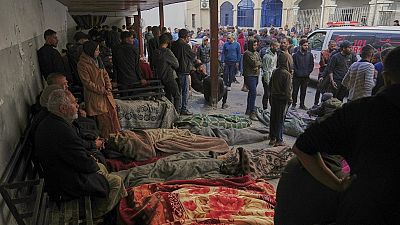

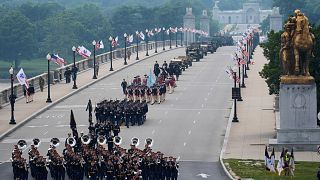
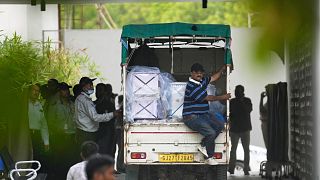

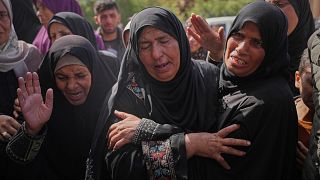
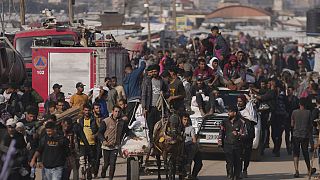
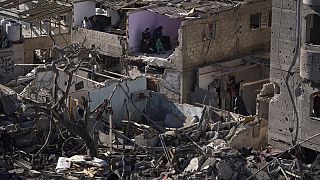

01:55
Iran retaliates with more missile strikes after Israeli attack
01:52
138 million child workers globally in 2024, number down from 2020
01:29
Several Western governments sanction two far-right Israeli ministers
01:02
US imposes sanctions on Palestinian NGO and five charities over alleged terrorism funding
01:12
UN chief António Guterres calls for dialogue among civilizations
01:34
EU commits €1 billion to protect oceans under a new pact